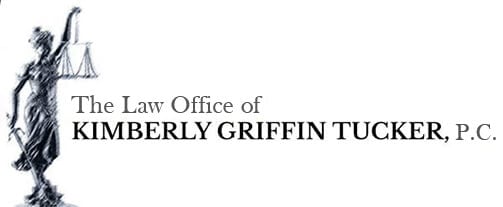You could generally classify drugs into three primary categories. There are prohibited drugs that the government has made fully illegal to possess or use. There are also controlled substances that people can use while under the supervision of a medical professional. Finally, there are over-the-counter drugs that anyone can use or purchase for themselves.
When it comes to prohibited drugs, a lot of social stigma exists. The average person likely thinks of those who abuse banned drugs like heroin as irresponsible people. There is this myth that drug use starts with something minor like marijuana and eventually leads to heroin. People that everyone dealing with addiction started out abusing recreational drugs.
However, the vast majority of people using heroin started with legal prescription medications, like opiates and opioids.
How opioids lead to heroin
Opiate drugs have been around for years, but they are expensive to produce and sometimes hard to obtain. Synthetic opioid drugs have made it cheaper to manage severe and chronic pain. They have also helped reduce supply issues that would leave people without adequate pain relief.
Unfortunately, an influx of powerful synthetic opioids onto the medical market has resulted in many people becoming chemically dependent. Doctors eventually end prescriptions for opioid medications, often without helping their patients address their substance abuse concerns first. Those patients may start buying pills on the unregulated market so that they don’t go through withdrawal or can continue managing their pain.
Prescription pills are often hard to come by reliably on the unregulated market, so many people struggling with opioid dependence will eventually transition to heroin because it is easier to find and possibly more cost-effective. Researchers believe that roughly 80% or four out of five heroin users developed their addiction by first using prescribed opioid medications rather than band street drugs.
Those facing drug charges need help, not punishment
The modern approach to drug addiction is highly ineffective. Criminalizing substance abuse does not deter people from seeking out their drug of choice, but it does tend to lock them into a pattern of addiction and possibly also criminal behavior.
Those facing drug-related criminal charges may need to acknowledge the underlying cause of their current legal circumstance if they hope to minimize the consequences they face. Acknowledging an addiction can be an important step for those hoping to fight back against pending drug charges.
